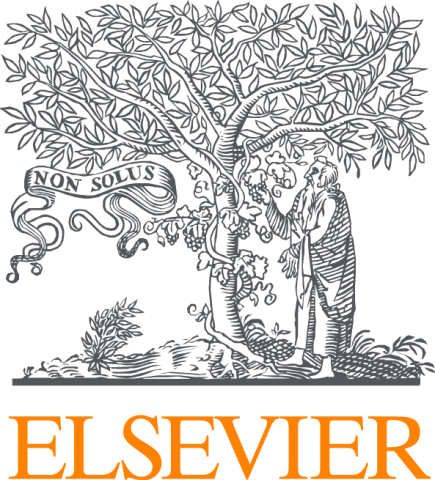
Why are you personally, and Elsevier more generally, interested in an event like Science & You, and in science communication as a whole?
My interest is that of a scientist by profession: after a PhD in molecular biology, I spent many years working in the biotech industry before turning towards science policy. For two years now, I have been working at Elsevier, where I connect up with the academic world and research in general, with the European Commission, the EUA, Science Europe… In addition, I am a member of the board of Euroscience, a Europe-wide organisation for the advancement of science.
I am interested in the strategic aspect and science policy, that is to say, working towards science as a European issue. This question is a real challenge for Europe, which is very strong on scientific research, but perhaps does not demonstrate this well enough to its citizens.
Science & You is an excellent means of bringing together scientists, citizens and politicians, because the event addresses a broad audience which is not made up of just scientists. What’s more, it seems to me to be very important to reach out to young researchers, because it is they who will bring about a change in scientific culture, particularly concerning the questions of open science, which are key issues in the future development of science.
What solutions does Elsevier offer in terms of open science and open access?
First of all, we can point out that the transition to digital is a revolution in science: new technologies will help the world of research move towards more cooperation, more efficiency and more communication. This communication will also take place more often between researchers and citizens, thus integrating science into society more.
Elsevier offers a whole panel of solutions to enable this link. STM Digest is one of these, an initiative where young scientists, “Research Ambassadors”, will work on scientific papers to make them accessible to all. To this end, Elsevier puts them into contact with authors and publishers and provides training. This initiative is the fruit of a collaboration between Elsevier and Mendeley.
Another example is the Atlas Award, which is built on the principle that science has an impact on everybody’s lives. The Atlas platform showcases research work which has a strong societal dimension. Every month, a selection of articles is submitted to a panel of experts including for example people from the associative and humanitarian worlds, and an article is chosen as the award winner. Articles having won the Atlas Award treat themes such as fair trade, health policies or agriculture in Africa. As with STM Digest, the complete articles and summaries for the general public are publicly available: we are very committed to this aspect.
You are going to speak about these questions at a round-table during the conference (Society and the Open Access movement: from the margins to the heart – Thursday 4th June, 4.30pm-6.00pm): can you tell us a little more?
Even if the situation of Open Access was difficult for some time, the debate has now moved on a long way and positively, and we want to pass on the message that we are now beyond all that. All Elsevier publications now propose an open access solution. We offer over 280 completely open access journals, but even those available on subscription offer the choice of open access publication.
I will also talk about the question of open data, or how to make all the data from research available to all. This is a delicate question, because it raises technological, and also ethical, questions, and it is one of the great challenges for open science in Europe and worldwide.
